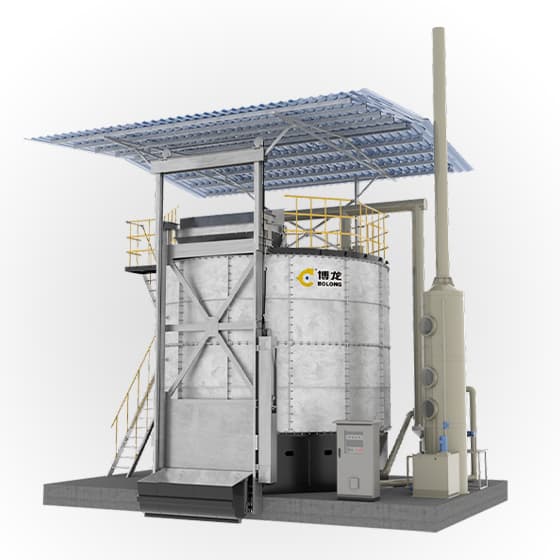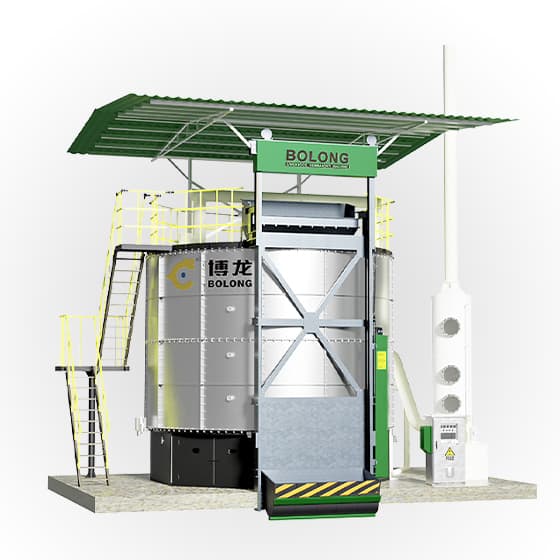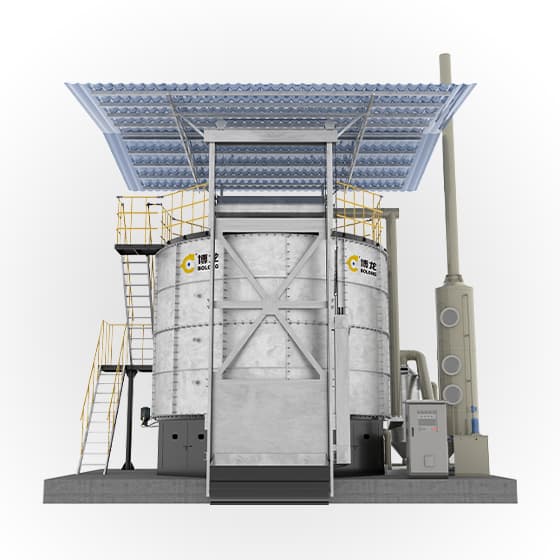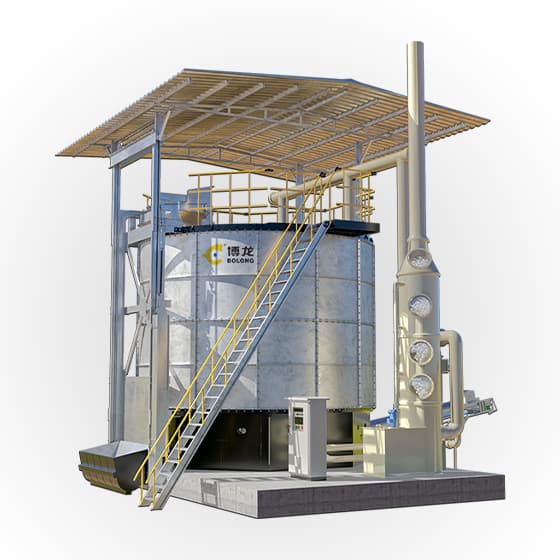-
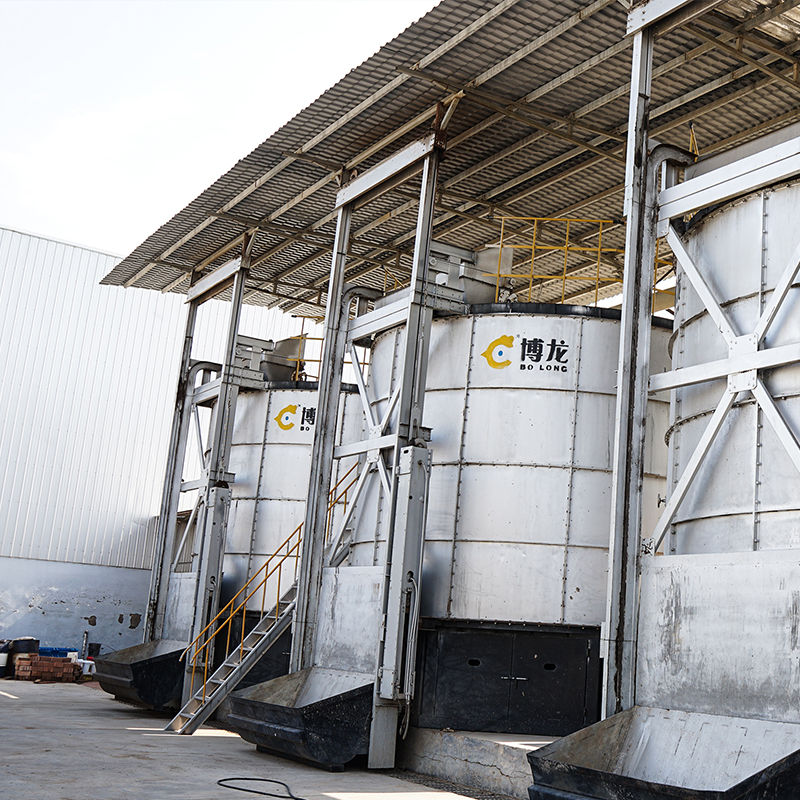
Composting Livestock Manure - University of Rhode Island
Aug 4, 2014 · eXtension – Animal Manure Management, Composting. O2 Compost Systems – provides resources and training for establishing on-farm composting systems. Composting for Small Scale Livestock Operations – Penn State fact sheet providing designs for constructing small compost bins.
Get Price -
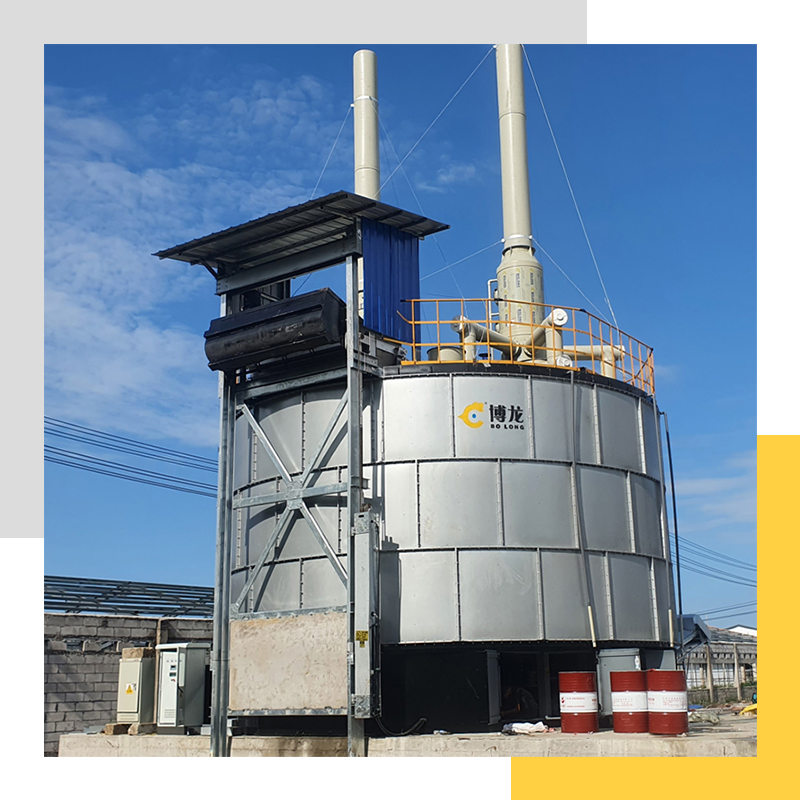
Practices to Reduce Methane Emissions from Livestock Manure
Jul 30, 2024 · Methane emissions and reductions calculated based on the methodologies provided in the Inventory of U.S. Greenhouse Gas Emissions and Sinks, the 2006 IPCC Guidelines for National Greenhouse Gas Inventories, and the 2019 Refinement to the 2006 IPCC Guidelines for National Greenhouse Gas Inventories.
Get Price -
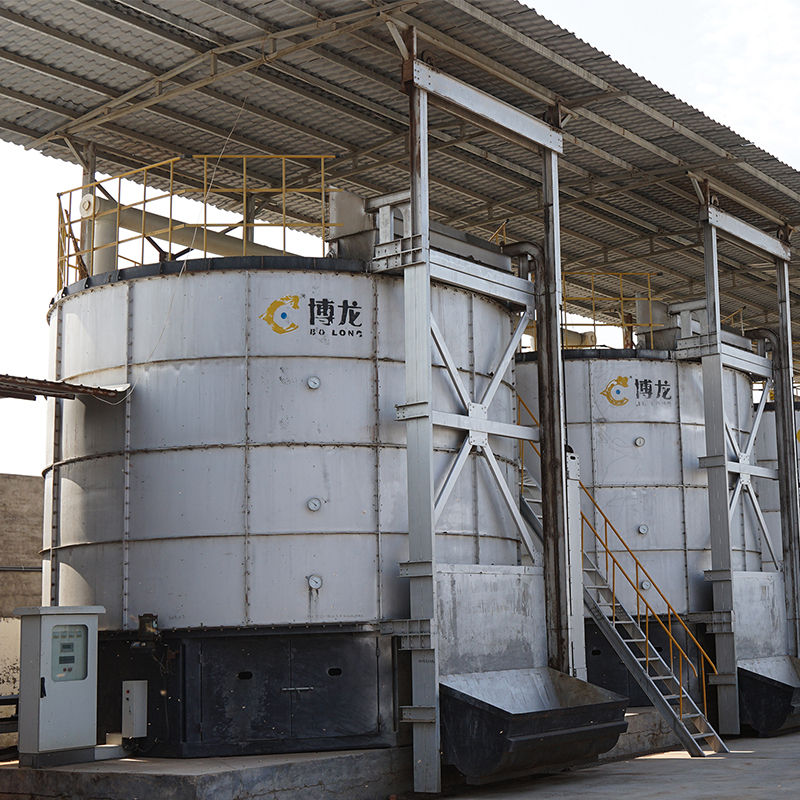
Composting Horse Manure - Center for Agriculture, Food, and
Why Compost? Many horse owners and small livestock operations do not have access to sufficient land to make good use of manure by spreading. Composting provides another option for managing manure on the farm. Microorganisms in the compost pile, including bacteria and fungi, break down the organic components of manure and bedding into smaller particles while releasing carbon dioxide, water and
Get Price -
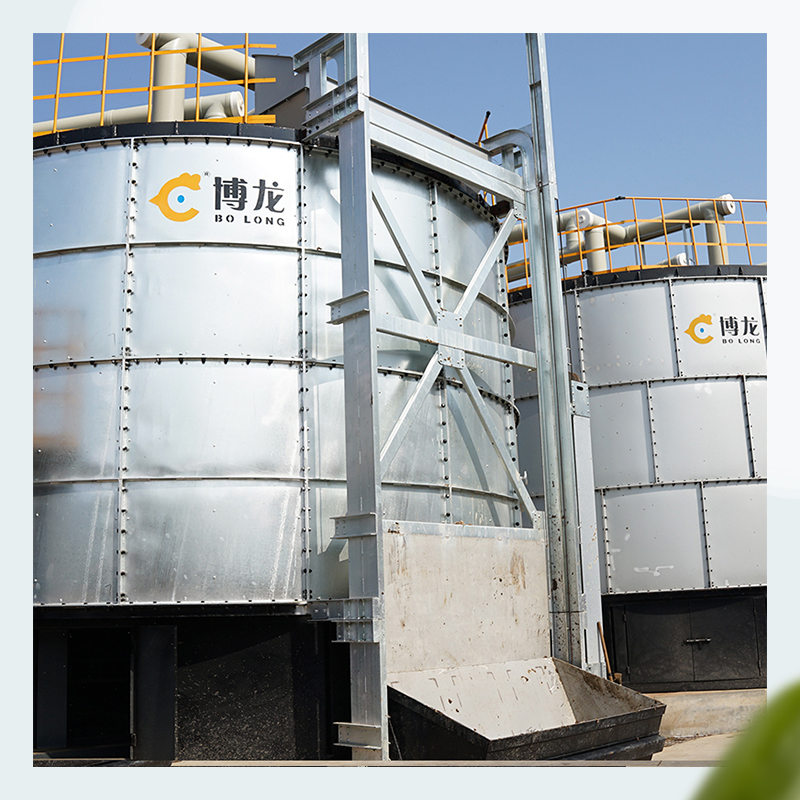
Composting of animal manures and chemical criteria for
Nov 1, 2009 · In order to provide and review the information found in the literature about manure composting, the first part of this paper explains the basic concepts of the composting process and how manure characteristics can influence its performance.
Get Price -

Manure Management | NDSU Agriculture
Composting Animal Manures: A guide to the process and management of animal manure compost. Composting and utilizing compost are advantageous tools in nutrient management plans that, when managed properly, reduce the potential to pollute and benefit crops.
Get Price -

Low Cost Aerated Static Composting Systems for Small Acreage
Many horse owners find turning composting pile a tough and time consuming task. A simple 3-bin composting system for small horse operation can be found on UMass Extension Crops, Dairy, Livestock, Equine team factsheet as well. Management of manure and mud on horse farms is a challenge for horse owners and equine facility managers.
Get Price -

Managing Manure Fertilizers in Organic Systems | eOrganic
Alternatively, acceptable composts must meet the November 9, 2006 NOSB Recommendation for Guidance Use of Compost, Vermicompost, Processed Manure and Compost Tea that identifies materials and practices that would be acceptable under 205.203(c)(2). For more information see Making and Using Composts in Organic Systems.
Get Price -
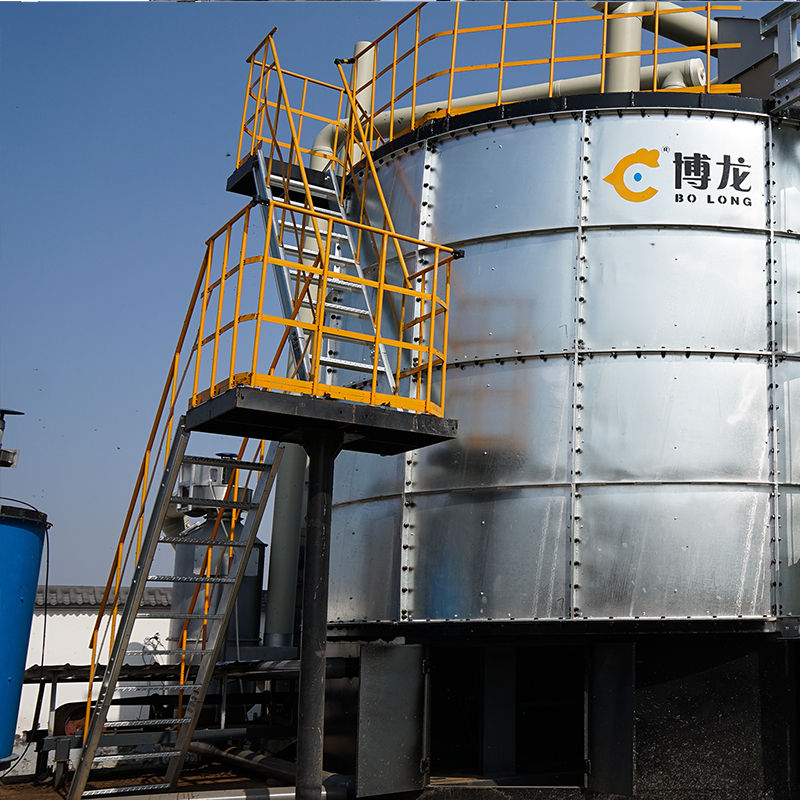
Ore improver additions alter livestock manure compost
Mar 1, 2024 · Platanus leaves and livestock manure from Huazhong Agricultural University were carefully chosen as the primary constituents for the composting process. The common physicochemical properties of those raw materials were provided in Table S1. Prior to composting, the platanus leaves were meticulously ground to a size of 10–20 mm using a grinder.
Get Price -
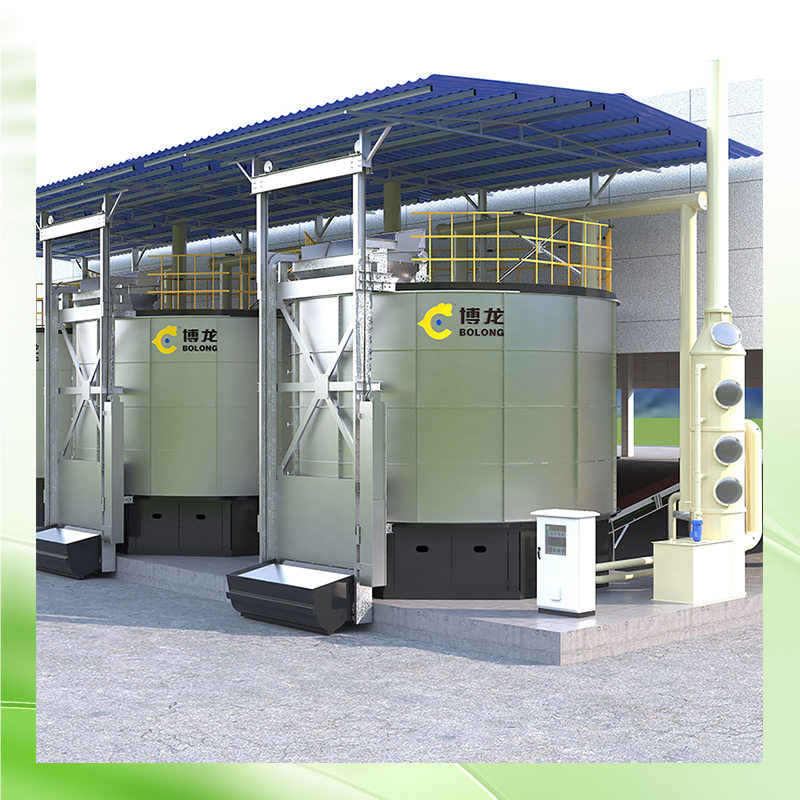
Swine Waste | Livestock | Illinois Extension | UIUC
The Livestock and Urban Waste Research (LUW) Team has developed a successful manure treatment system that couples polymer-assisted separation of liquid manure with composting. This solid-liquid separation of raw swine manure makes it possible to reuse the solid fraction with a high nitrogen and phosphorus content separately from the liquid
Get Price -

Manure Composting | Livestock | Illinois Extension | UIUC
Composting provides a way to process manure in a way that reduces volume, creates a stable organic fertilizer, and potentially destroys pathogens and weed seeds in manure. Livestock and poultry manure composts are an excellent source of slow-release plant nutrients.
Get Price -

(PDF) Livestock waste and its role in the composting process
Jun 24, 2020 · Livestock waste, especially manure, is one source of pollution that needs attention. can live in the composting system, perform bioremediation, and its application as quality fertilizer, and ...
Get Price -

Composting Animal Manures: A guide to the process and - NDSU
Composting animal manures is an effective way to kill pathogens. Grewal (2006) studied and compared the length of time that pathogens lived in simulated composted dairy manure, a simulated dairy manure pack and a simulated liquid dairy lagoon.
Get Price -

Effect of Biochar Amendments on the Co-Composting of Food
Dec 22, 2022 · The global increase in population will result in increased global food production which can, in turn, lead to excessive food waste. Although composting is widely adopted for the conversion of organic waste into value-added products, there are several limitations, such as its lower efficiency in composting food waste without co-composting, the loss of nutrients, and the emission of greenhouse
Get Price -

Composting as Manure Disposal Strategy in Small/Medium-Size
Apr 19, 2020 · The livestock sector plays a fundamental role in human beings’ livelihood all over the world. However, significant changes have occurred in the last decades, transforming the livestock sector into a highly intensive economic activity with negative impacts on human health and the environment. Such a reality requires the identification of easy to apply to sustainable manure management
Get Price -

Animal Feeding Operations - Uses of Manure | Blong
Jun 14, 2024 · Composting livestock manure reduces odors, kills disease-causing agents (pathogens), reduces bulk, and stabilizes the manure for easier handling. A properly constructed and managed manure composting operation can also process mortalities (dead animals) from livestock operations.
Get Price
